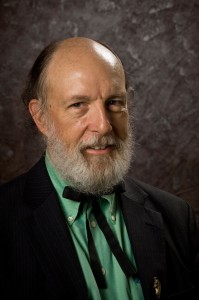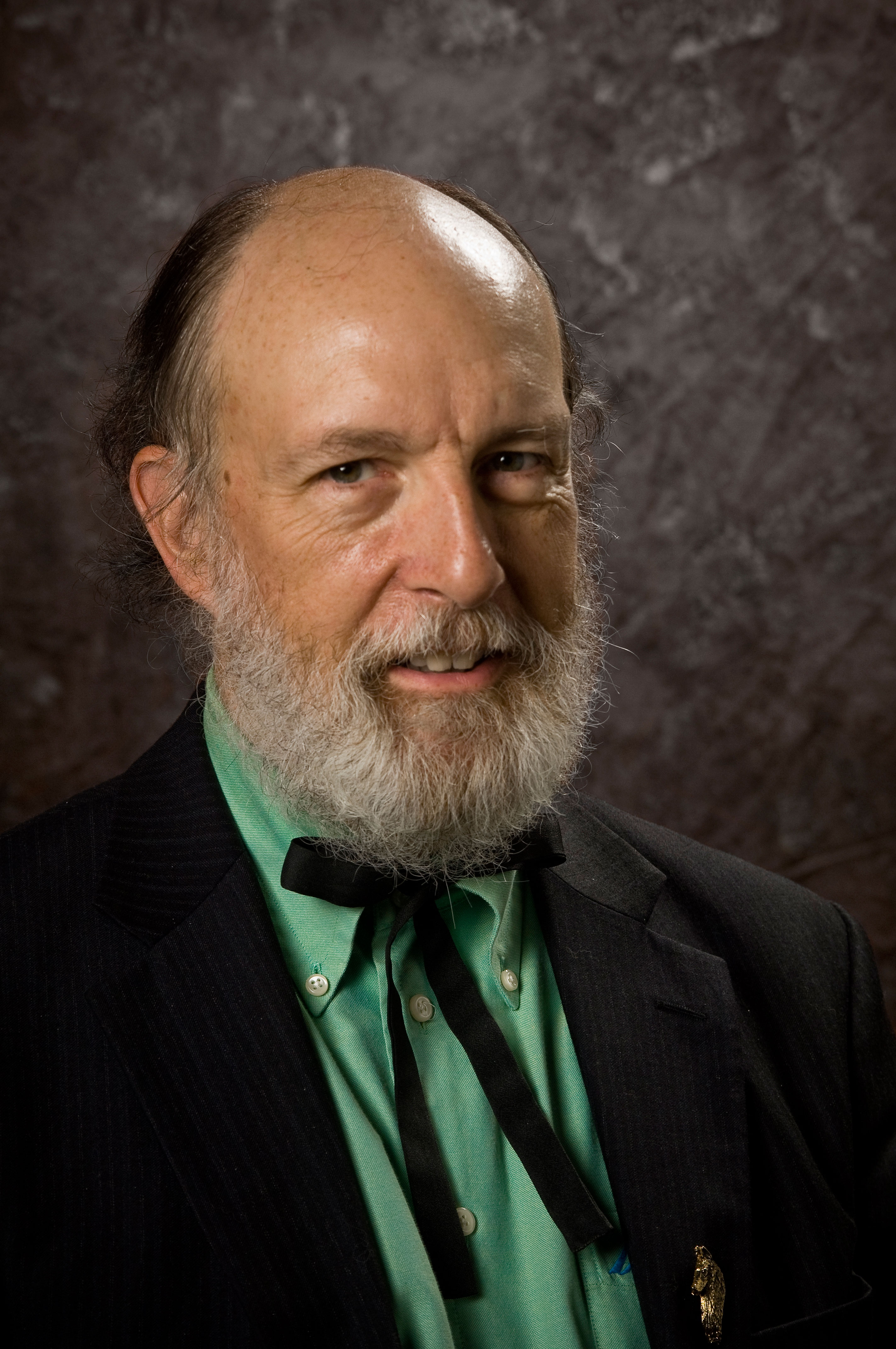Community Conversations series comes to a close

The Maryville College Community Conversation series seeks to address a broad selection of issues on the international, communal and personal levels.
The theme for this year’s series has been “People on the Move.”
Associate professor of sociology Dr. Susan Ambler said that the theme was chosen in order to encompass a wide range of issues.
The spring portion of the yearlong series kicked off on Feb. 16 in the Harold and Jean Lambert Recital Hall with a discussion on death and grief.
Associate professor of psychology Dr. Jason Troyer gave a presentation that was followed by a discussion led by Sarah Wimmer, coordinator of the Blount Memorial hospice program.
The next event took place on March 6in the Alumni Gymnasium.
Frank Schaeffer, an author who was raised with a close affiliation to the religious right, discussed his movement away from religious conservatism.
Schaeffer is also a documentarian, feature film producer and the son of the late, noted conservative theologian Francis Schaeffer.
The series continued on March 27 in the Harold and Jean Lambert Recital Hall with a discussion on gender reassignment and identity.
Blaine Paxton Hall, author and physician’s assistant hospitalist for Duke University Health System, gave a presentation on personal identity and journey entitled “On My Way to Hestia’s House.”
In the presentation, Hall focused on his experiences in the foster care system, particularly on his feelings of abandonment as a child rejected by his mentally unstable parents.
Hall gave out free copies of his book “Hestia’s House,” which chronicles his journey undergoing female-to-male gender-reassignment surgery.
The spring portion of the “People on the Move” series was concluded on April 4in the Harold and Jean Lambert Recital Hall.
Randall O’Toole, senior fellow with the Cato Institute and free-market analyst, spoke on urbanization and the future of public transportation in America.
O’Toole chided the Obama administration for what he felt was wasteful spending on the development of high-speed trains in cities.
O’Toole iterated that attempting to install high-speed train systems in urban areas across America would be ineffective, as such trains would not pay for themselves and are limited in the ways in which they could transport people.
Instead, O’Toole explained the possibility that, within the next decade, technology would become available that will allow self-driven cars to solve the problem of public transportation.
Many students found O’Toole’s ideas about the future of transportation in America fascinating.
“I really liked going to this event,” said MC sophomore Adam Loo. “It was really interesting to hear [from] someone who knew so much about this issue and what he had to say about the future.”
Community members from the organization Citizens Against the Pellissippi Parkway Extension (CAPPE) were present at the event and created a stir among other community members about the future of transportation in Blount County.
This year’s Community Conversations series included a wide variety of topics and was considered, as a whole, a success by MC students.
MC sophomore Rachel Jarnagin explained the significance of the event in coordination with the values of the college.
“I enjoyed attending [these] events,” Jarnagin said. “I felt that the theme really encompassed what Maryville is about: looking ahead while seeing how far we’ve come.”

